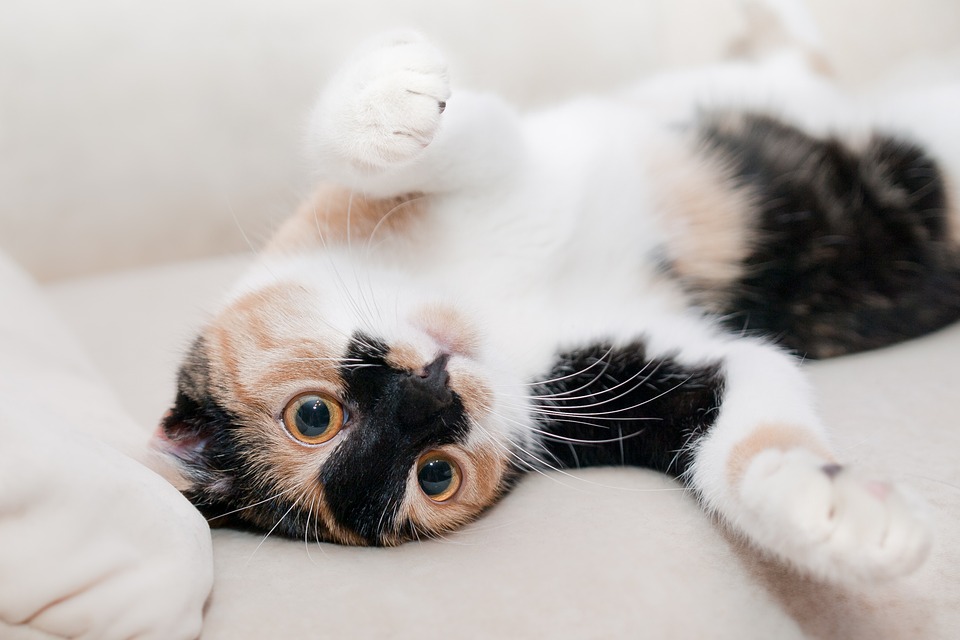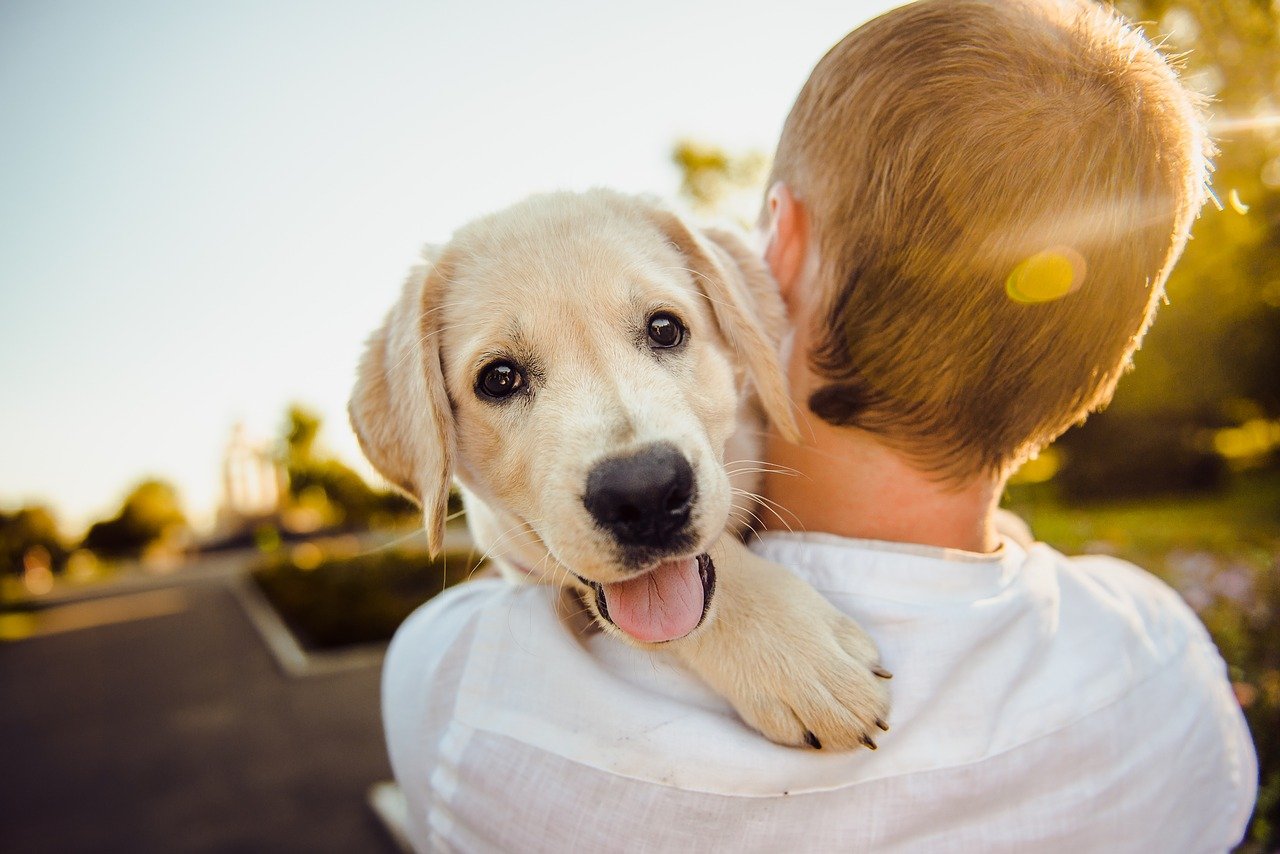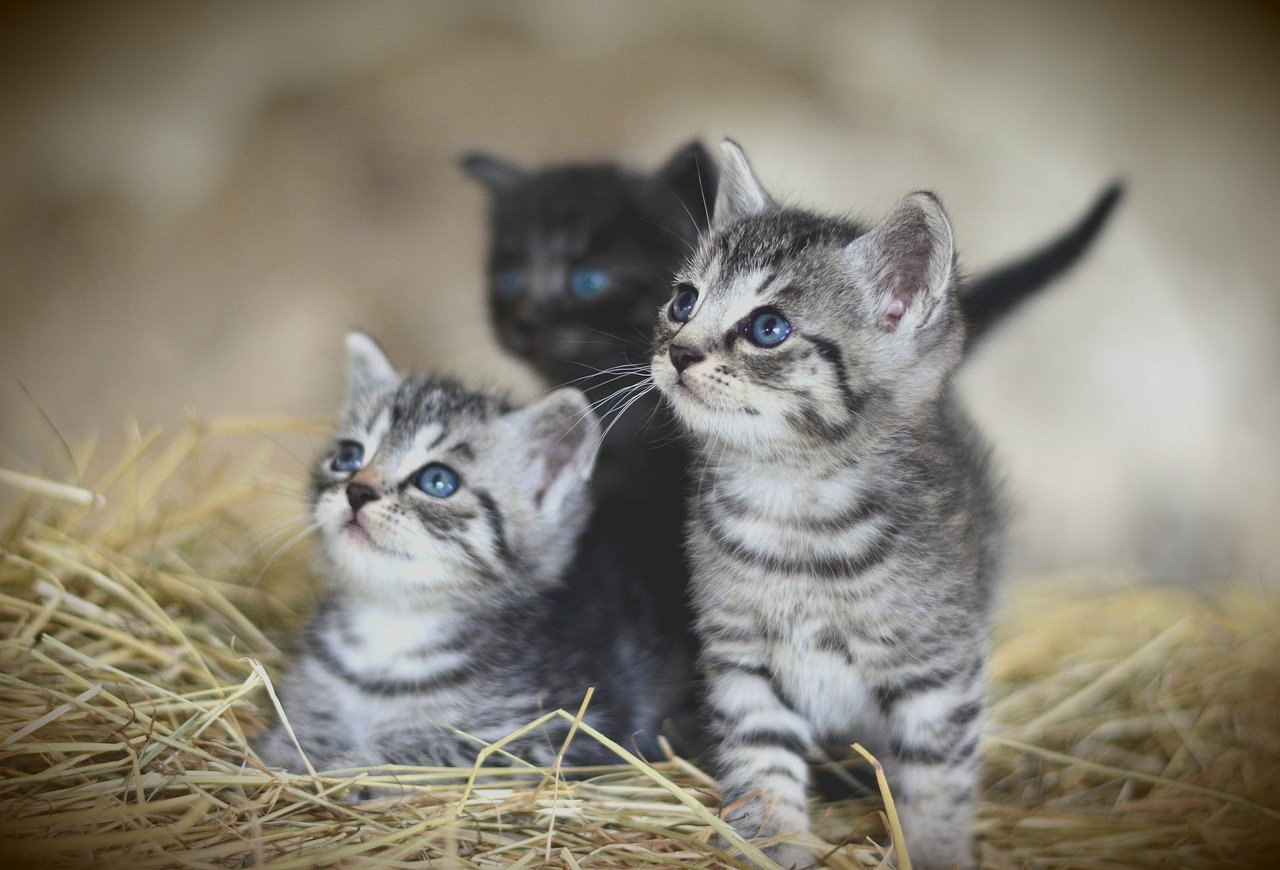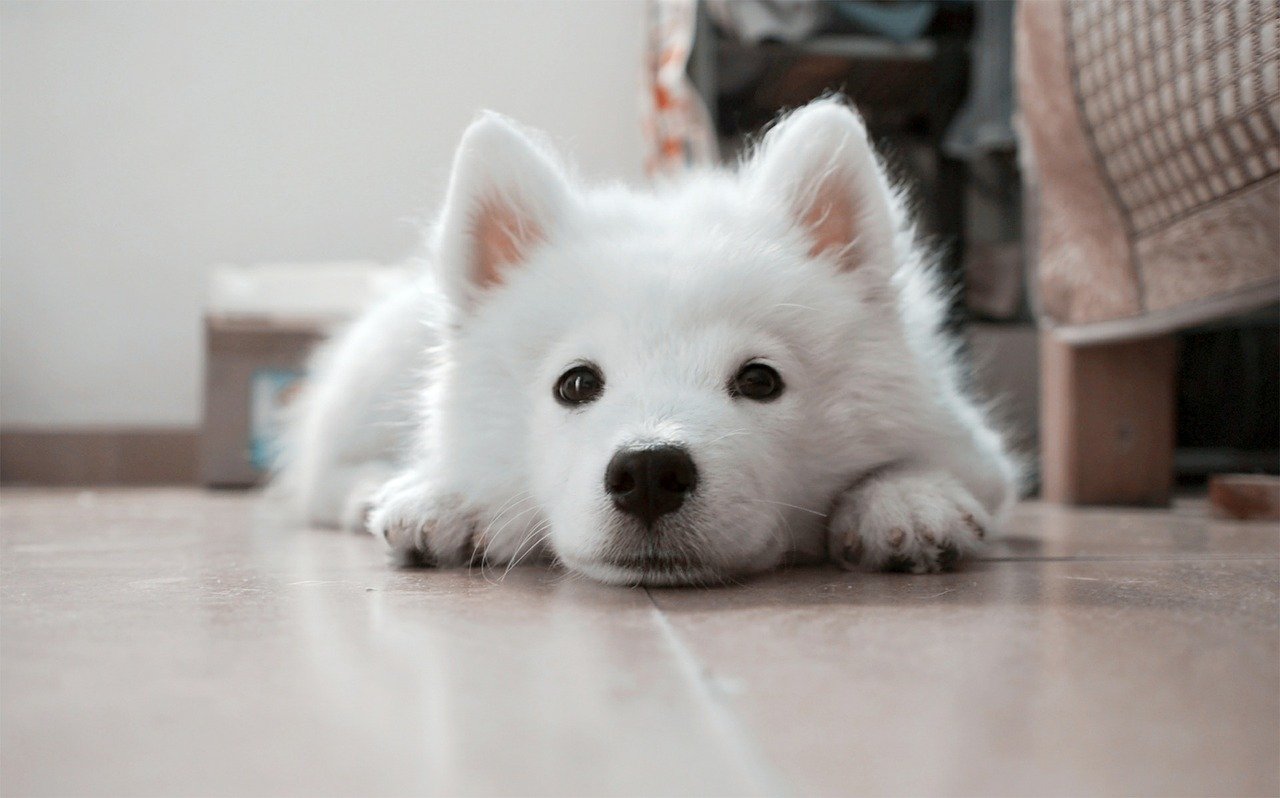Persian Cats - All You Need to Know About Persian Cat Care
Persian cats are one of the most popular cat breeds. They are easily recognizable by their looks. Their fur is long and delicate. The tranquil character of these cats are greatly appreciated by those who would like to own a cat, but the potential dangers induce anxiety. A Persian cat is very calm. Cats of this breed love the human company. Check what else you should know about them.
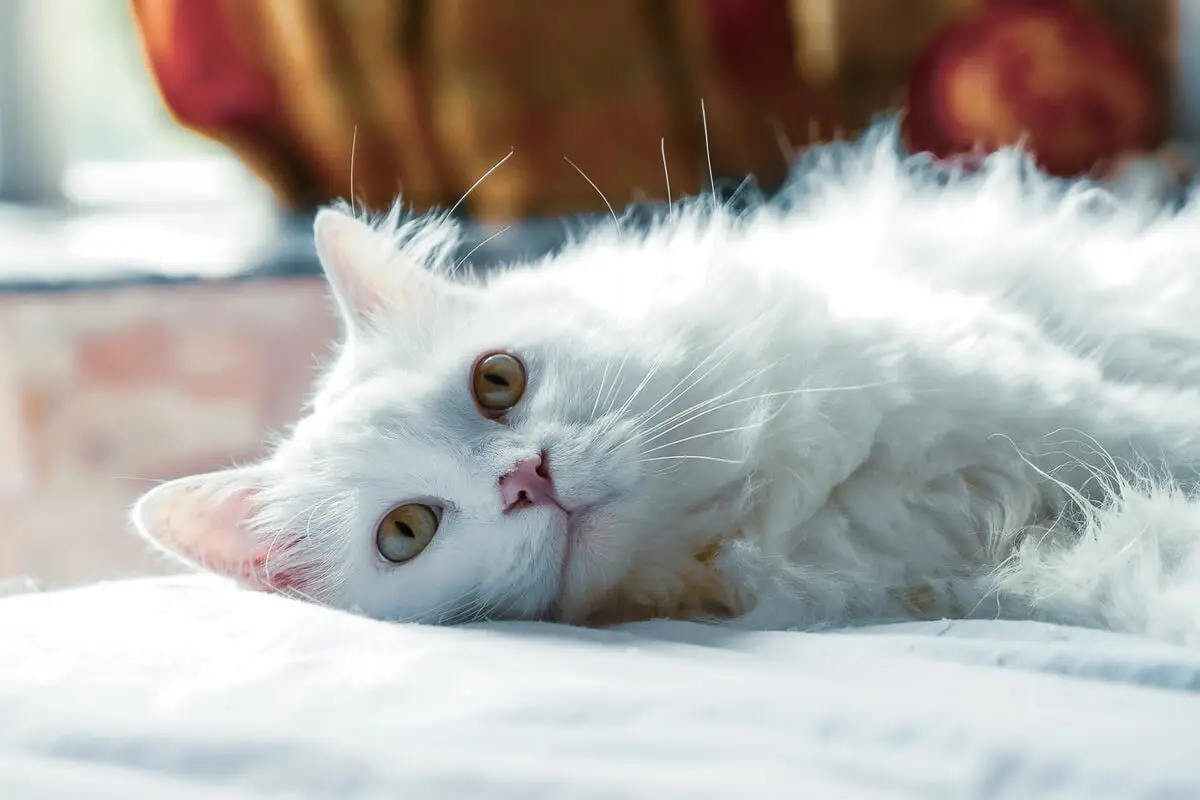
The Persian cat - where does the breed come from?
The Persian cat has first appeared in Europe after 1871. That’s when the breed was shown during a cat exhibition in London. At first, the breed was considered only a variety of another well-known cat - the Turkish Angora. But the differences between the cats are significant enough to consider the Persian cat a separate breed.
The name indicated that the breed comes from regions of Persia. But the currently known breed is not related to the animals living in that area. Possibly, the cats have changed their appearance over the years - the results of which are known nowadays.
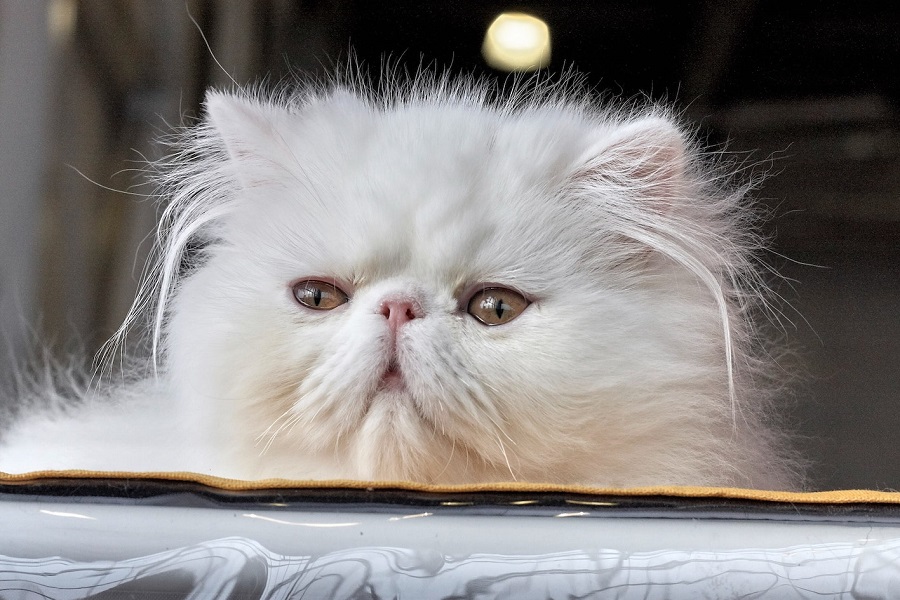
What does the Persian cat look like?
The Persian cat is a very distinct animal. It’s characteristic for its medium-size. One should also pay attention to the stubby body build. Compared to the body, the paws are relatively short. The tail is similar - strong and thick. This breed has a characteristic head - it’s large and round.
The mane growing around the head, quite similar to a lion’s mane, is another noticeable feature of these cats. The short-haired Persian cat is a variety within the breed - typically, Persian cats have ten-centimeters long hair.
The Persian cat - personality
The Persian cat has a very mellow temperament. It doesn’t like climbing around the house furniture - walking on the floor is a more typical preference. Persian cats are gentle and friendly.
Cats of this breed are considered calm animals appreciating contact with humans. It’s a perfect choice for those who would like to have a cat, but cannot imagine a situation with the cat jumping around the furniture and damaging everything around.
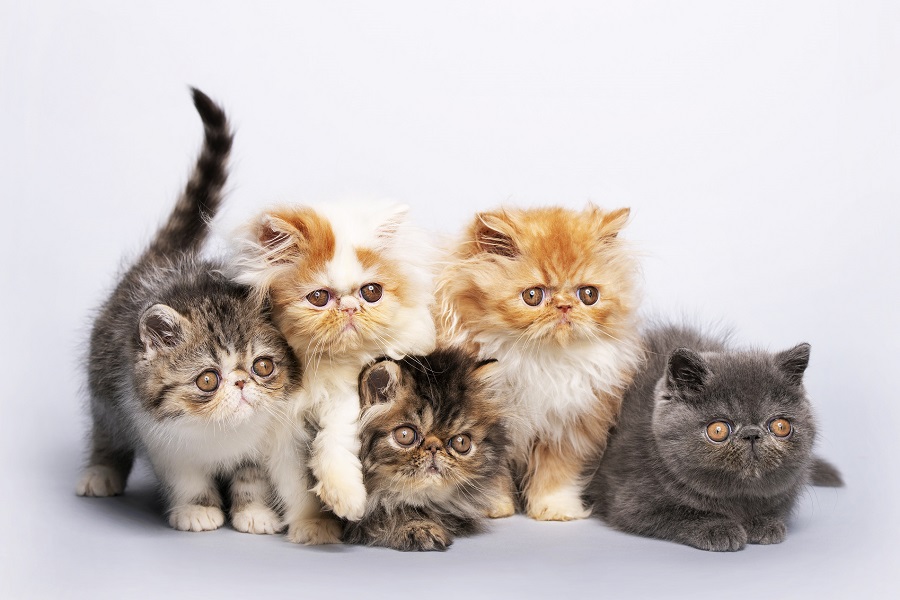
Does the Persian cat get along with other animals?
The Persian cat is capable of finding the common ground with other animals in the house. It can share an apartment or a house with other cats or dogs. But note that Persian cats prefer peace and quiet - an animal with a similar character is a perfect companion for this breed.
Be extra careful about leaving a Persian cat with small animals without supervision. Even though the hunting instinct of this breed is hidden, there is a risk it will come out.
Who is the Persian cat for?
The Persian cat is not a typical loner. It prefers contact with its owner over a lonesome lifestyle. It’s not a good choice for people who are constantly away from home. The Persian cat is a perfect companion for those who love orderly tidiness. Such a cat won’t jump on the furniture, and won’t be interested in any mischief.
What kind of care does the Persian cat need?
The Persian cat needs an appropriate care. Everything because of its long and delicate fur. These cats have thick underfur, so it’s important to brush the cat’s hair every day. The everyday hair brushing ritual is incredibly critical, so make sure to accustom the cat to it as soon as you take it home. Thanks to this, the Persian cat can learn that such an activity is something natural and nothing to be afraid of.
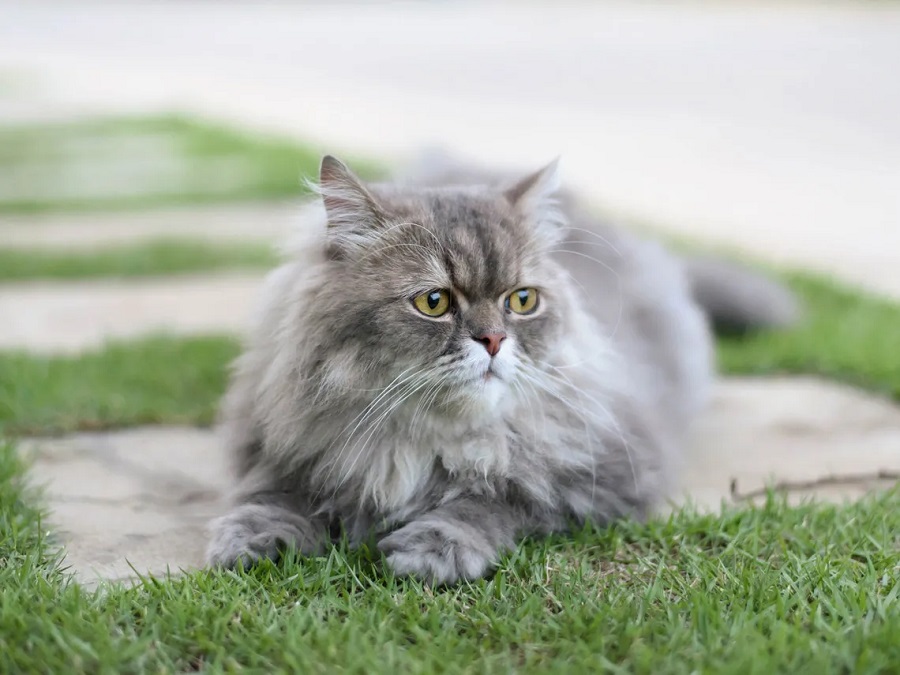
What does the Persian cat eat?
The Persian cat is primarily a carnivorous animal. Having that in mind, make sure to arrange the meals for your pet well. These cats should mostly eat meat and high-quality giblets. You can add vegetables as a supplement.
Giving low-quality meals to a Persian cat might be a cause of various diseases and hidden issues appearing. A proper diet is crucial for cats of this breed - if you want the pet to stay with the family as long as possible and enjoy good health.
The Persian cat - health issues
The Persian cat is exceptionally vulnerable to various diseases. Clogged tear ducts are one of the common problems, and that’s why the owner should wipe the cat’s eyes daily. Keep in mind that because of their calm lifestyle, these cats are prone to obesity. Planning their diet and avoiding overfeeding is crucial for this reason.
These cats also need having their airways regularly controlled. The animals might have problems with them, which might result in lung and heart issues.
The Persian cat - lifespan
A small Persian cat which is provided with a good care and proper diet, can live over a dozen of years. On average, Persian cats live from 12 to 17 years. But keep in mind that the lifespan depends on whether the cat is sick or not. Make sure to plan regular visits at a veterinary clinic - at least once a year.
How much does a Persian cat cost?
Persian cats aren’t the cheapest animals. A small Persian kitten might cost $1,800 and more. Prices for typical animals meant for exhibitions might exceed $3,000. Miniature Persian cats are highly coveted animals. Because of their rarity, there’s no fixed price for them. Typically, it’s regulated by the breeder.
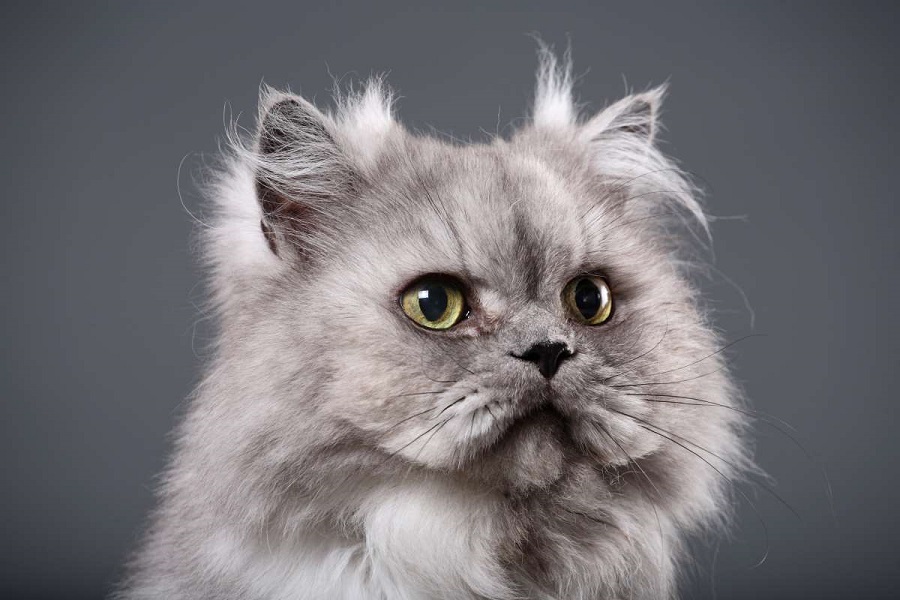
📍 What do Persian cats look like?
The Persian cat is included in the category of medium cats. Its mass varies between 4 and 6 kilograms. The cat has a characteristic short and chunky neck. The eyes are distinctive as well - they are large, round and set widely apart.
📍 How long does the Persian cat live?
Are you wondering how long the Persian cat lives? The animal's lifespan is no different from other breeds. Given the right conditions, it can live from 12 to 17 years.
📍 The Persian cat - how much does it cost?
Do you want to know the price of a Persian cat? If you decide to purchase such an animal, prepare to spend a lot of money. The prices for a Persian kitten begin at $1,800. Exhibition cats are even more expensive - the prices start at $3,000.
📍 How much does the Persian cat weigh?
The Persian cat belongs to medium-sized cats, so their weight is medium as well. Depending on the gender of the cat, it might weigh from 4 to even 10 kilograms (if the animal is obese). The pet's diet is crucial, in this case.
Featured articles
Maybe you're interested

